ΝΕΑ
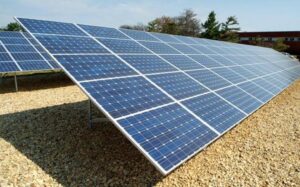
Greece is leading Europe’s investments in green energy
Greece can emerge as one of the countries that will lead the energy transformation in Europe by 2030, estimates BloombergNEF (BNEF) in its latest analysis
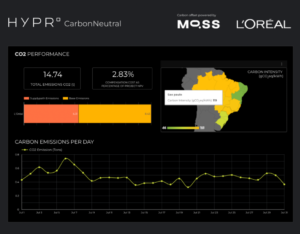
Digital campaigns with less carbon footprint?
The carbon footprint is a concept associated with the use of fossil derivatives, such as fuel burning by engines, whether for locomotion or for industrial
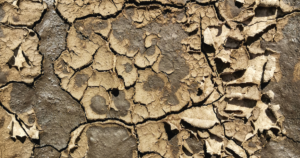
National strategy on education for the environment and climate change 2023 – 2030
The National Strategy on Education for the Environment and Climate Change 2023-2030 was adopted. It is the first time that Romania adopts a national strategy

5 New Year’s resolutions to reduce your carbon footprint
The new year is underway and with it, you’ll find dozens of New Year’s resolutions to choose from. Perhaps this year, you are looking for

What is the Action Plan for Digital Education?
The Digital Education Action Plan (2021-2027) is a renewed European Union (EU) policy initiative to support the sustainable and effective adaptation of EU Member States’
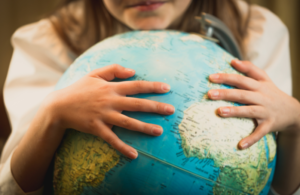
Environmental subjects in Pre-university Education in Romania
Common Core and School Decision Curriculum Subjects with Implications for Environmental and Climate Change Education in Pre-University Education: Preschool education Optional discipline: “Ecological and environmental
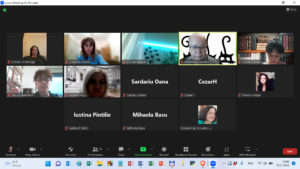
Approved the National Strategy on Education for the Environment and Climate Change 2023 – 2030 in Romania
The Government of Romania has approved the National Strategy on Education for the Environment and Climate Change 2023 – 2030. It is a moment of
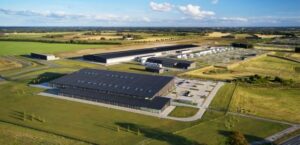
The contribution of digital technologies in reducing energy-related costs and emisions
With businesses around the world facing unprecedented pressures from energy costs and climate change, a new report from the Energy Efficiency Movement shows that improving
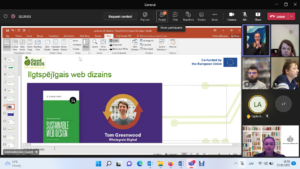
Latvian teachers acquiring skills to train youth for a greener future
10 teachers from education institutions of Latvia are currently taking part in “Good DEEDs” online training and are busy drafting the plan for the piloting
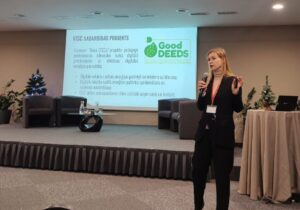
Good DEEDs presented at a national VET conference in Latvia
The closing conference of two ESF funded projects led by Valsts izglītības satura centrs (VISC) was held on 30 November in Riga, Latvia. Both national-scale
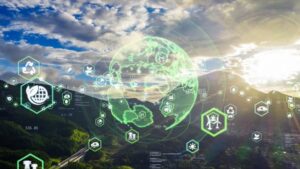
Conference on Digital Transition – Energy and Environment
“Digital Transition – Energy and Environment” was the theme of the videoconference held, under the apology of the Day of Professional Courses in Electronics, Automation
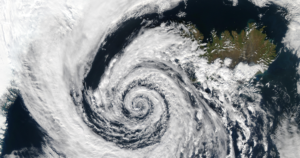
Romania’s national strategy on climate change
Romania’s national strategy on climate change includes reducing greenhouse gas emissions and increasing the natural capacity to absorb CO2 from the atmosphere, institutional cooperation, updating
